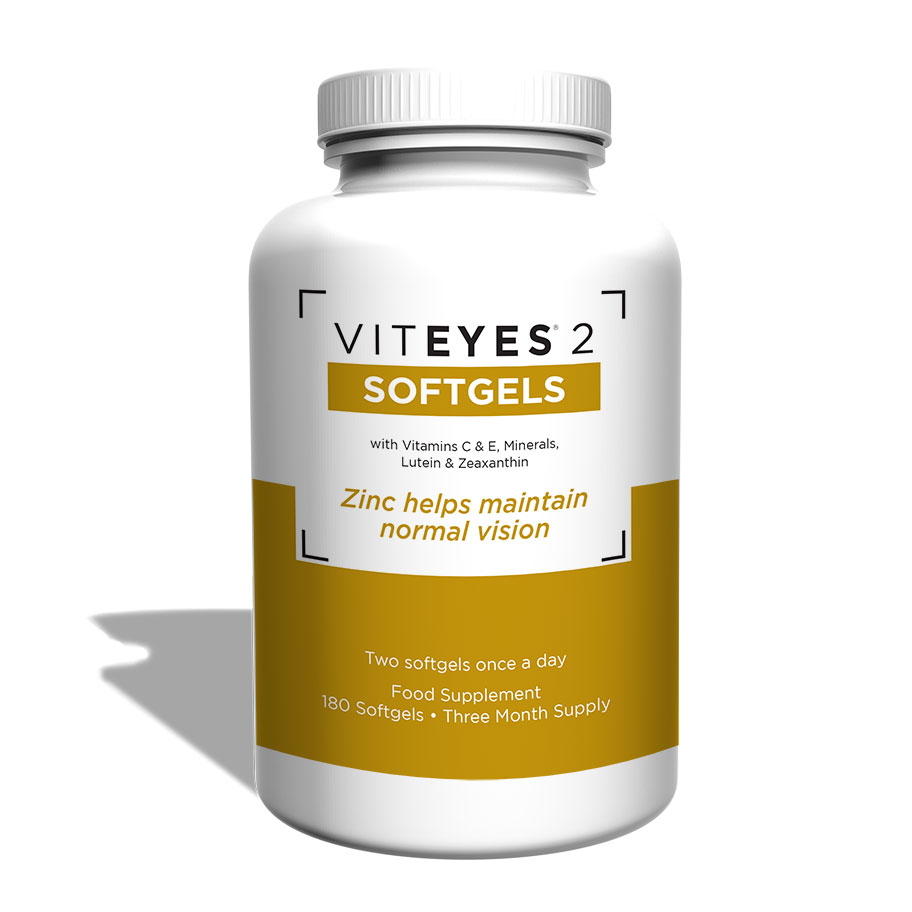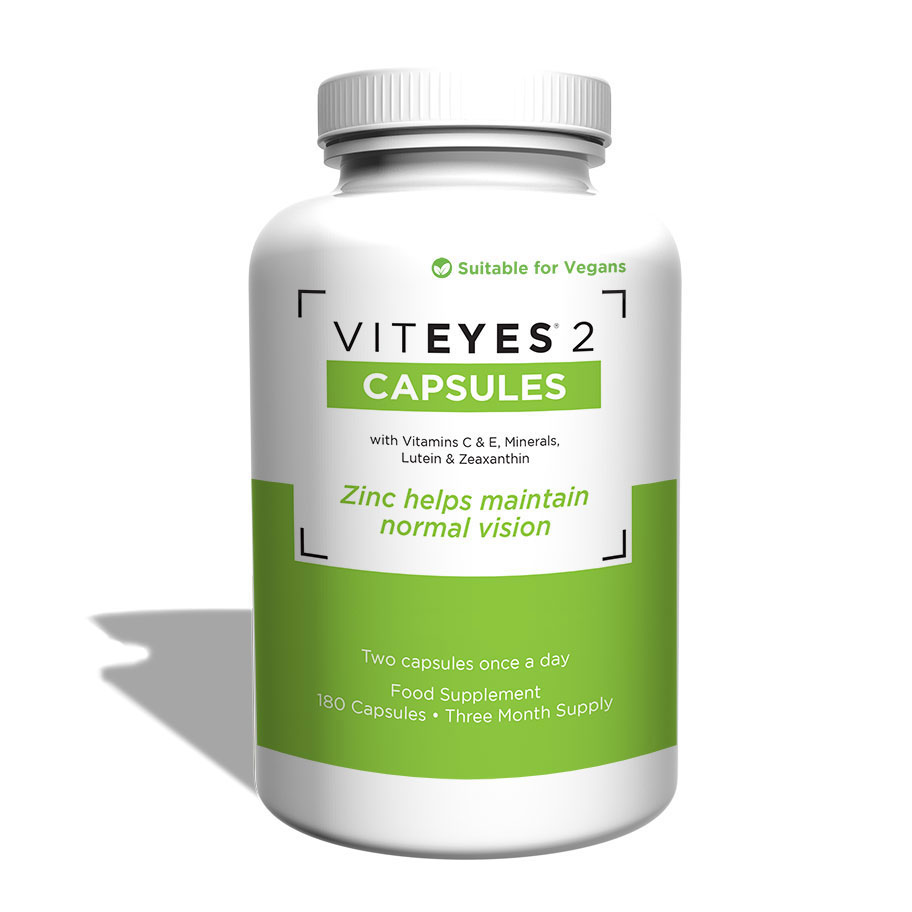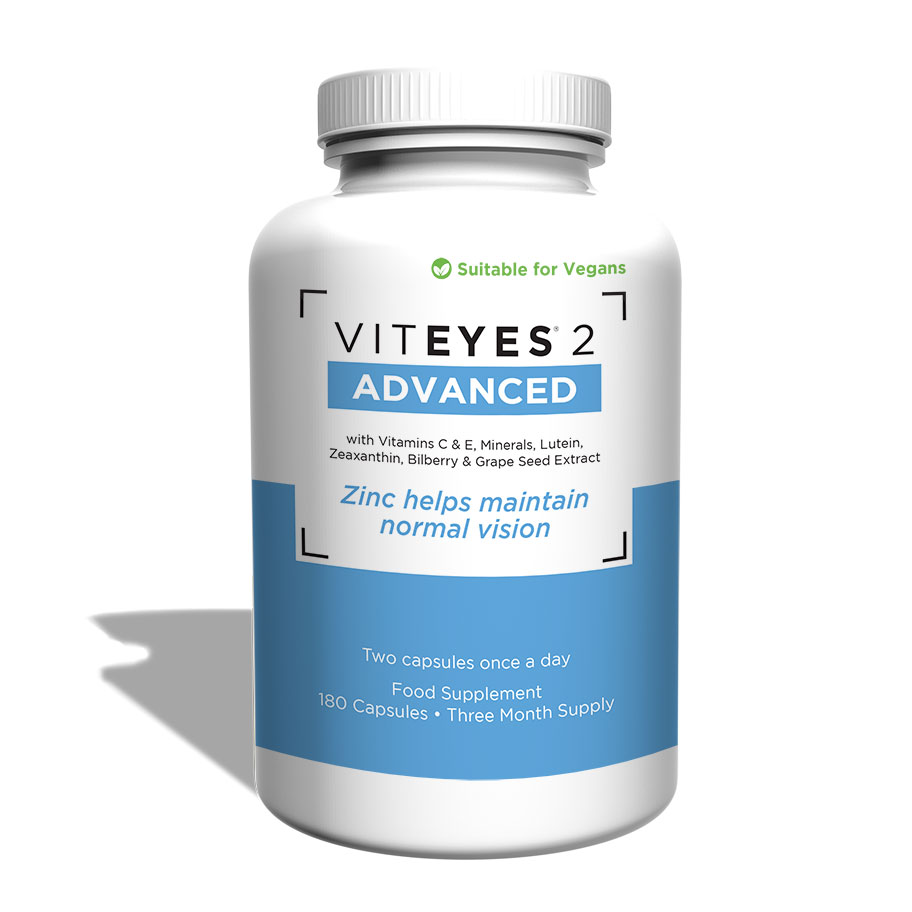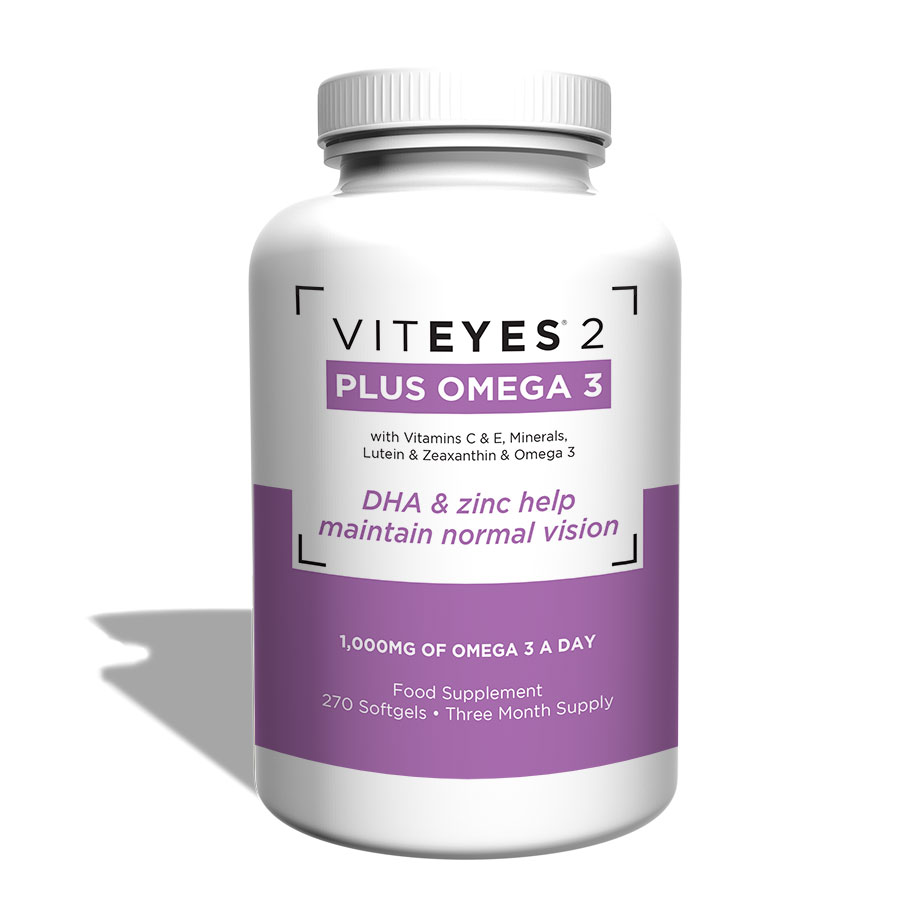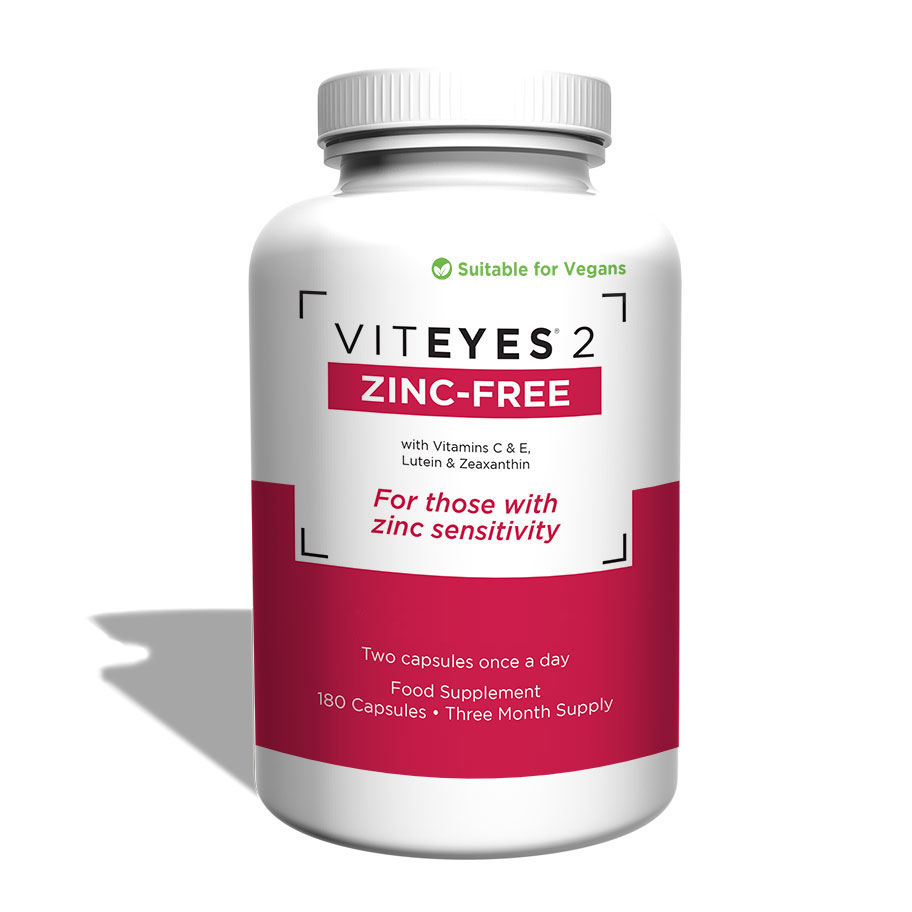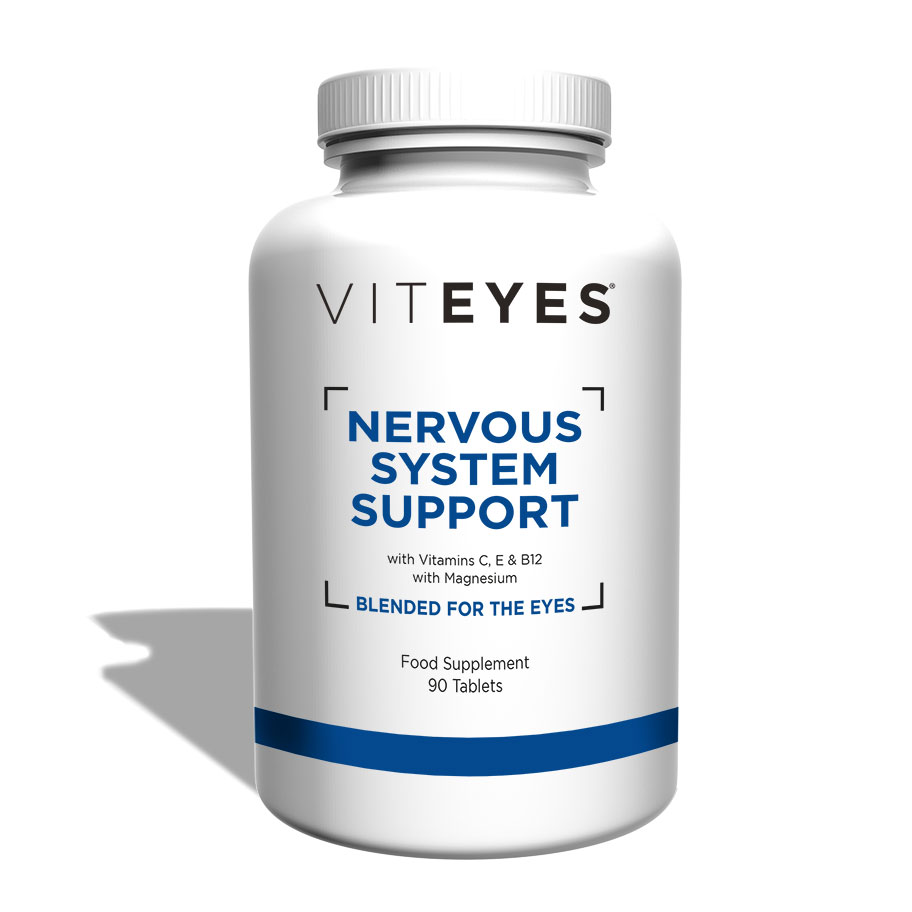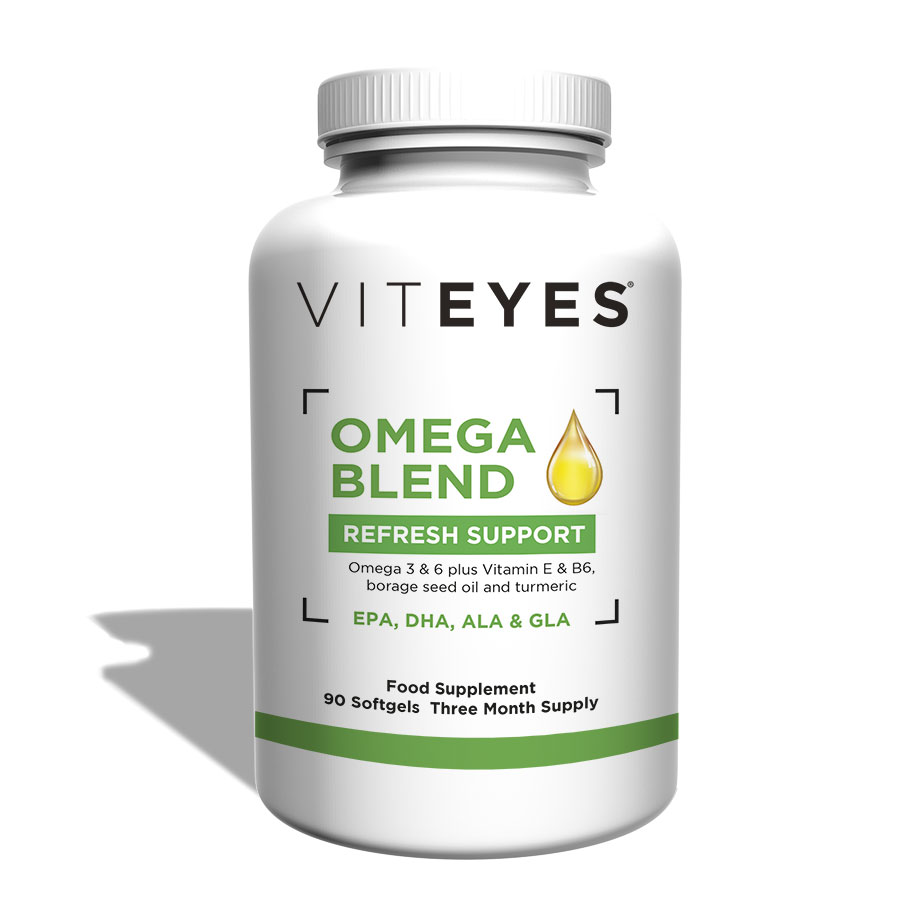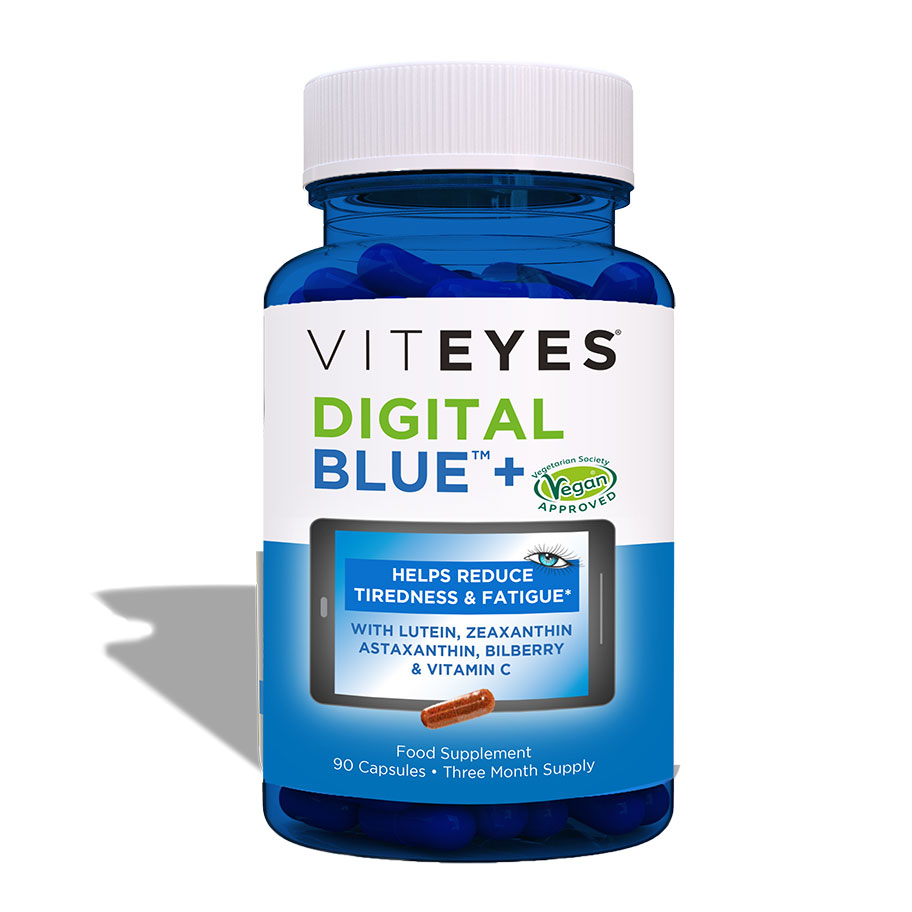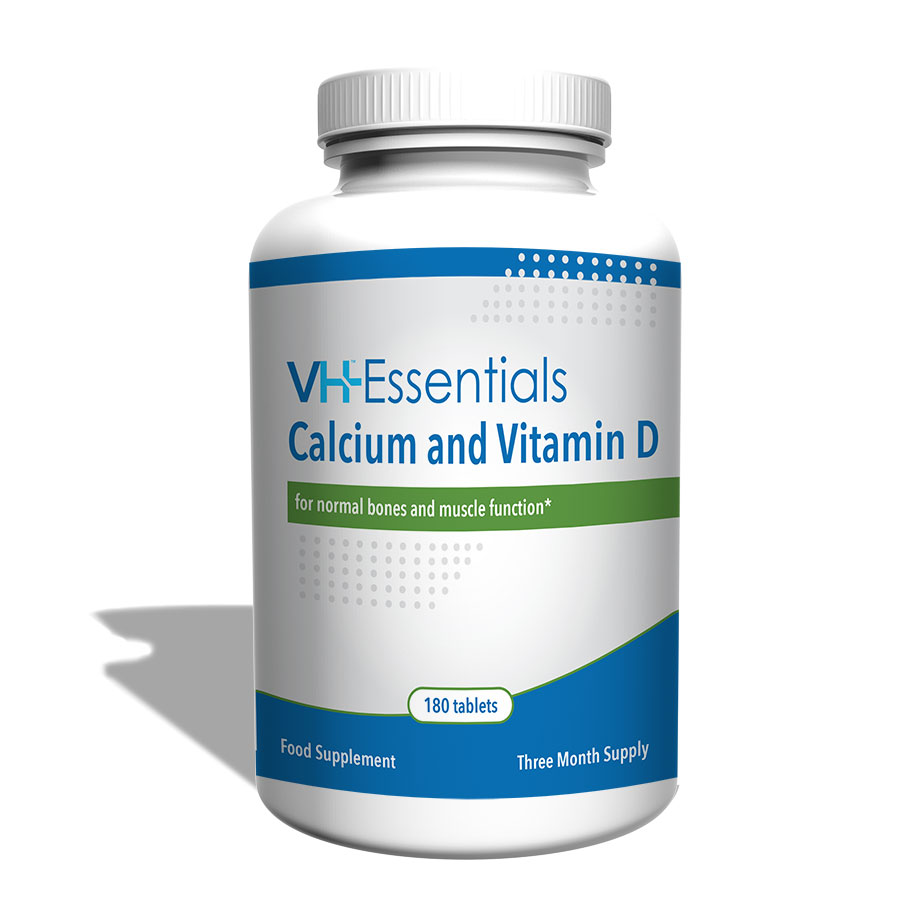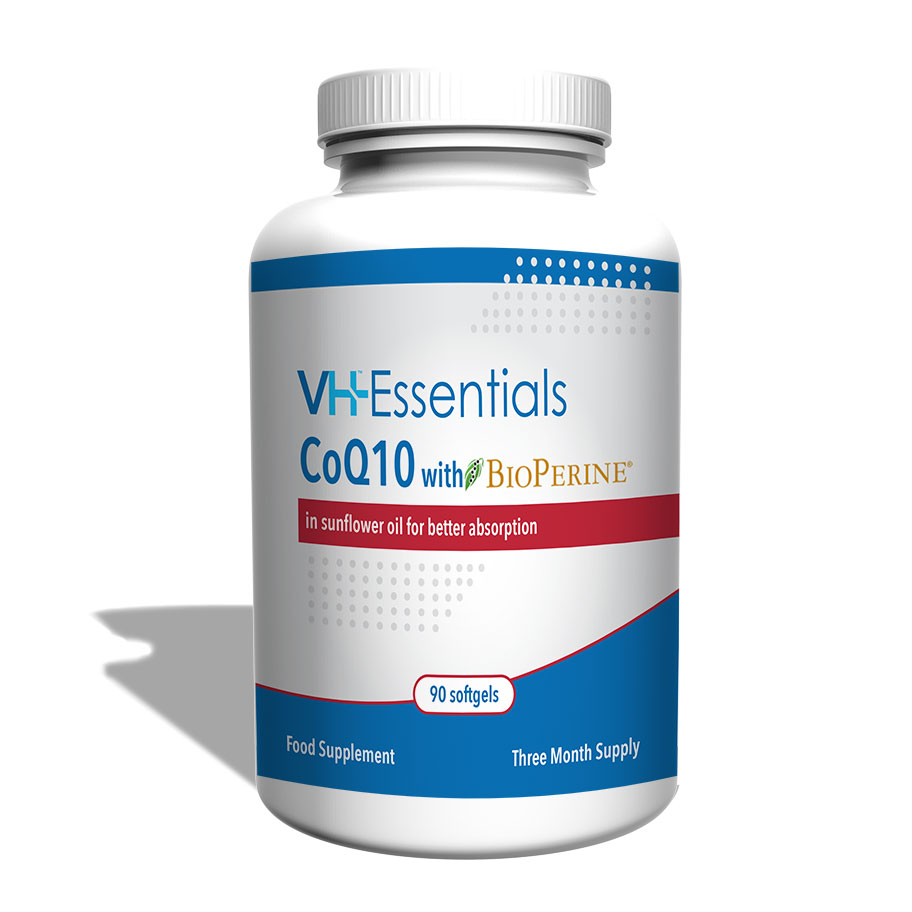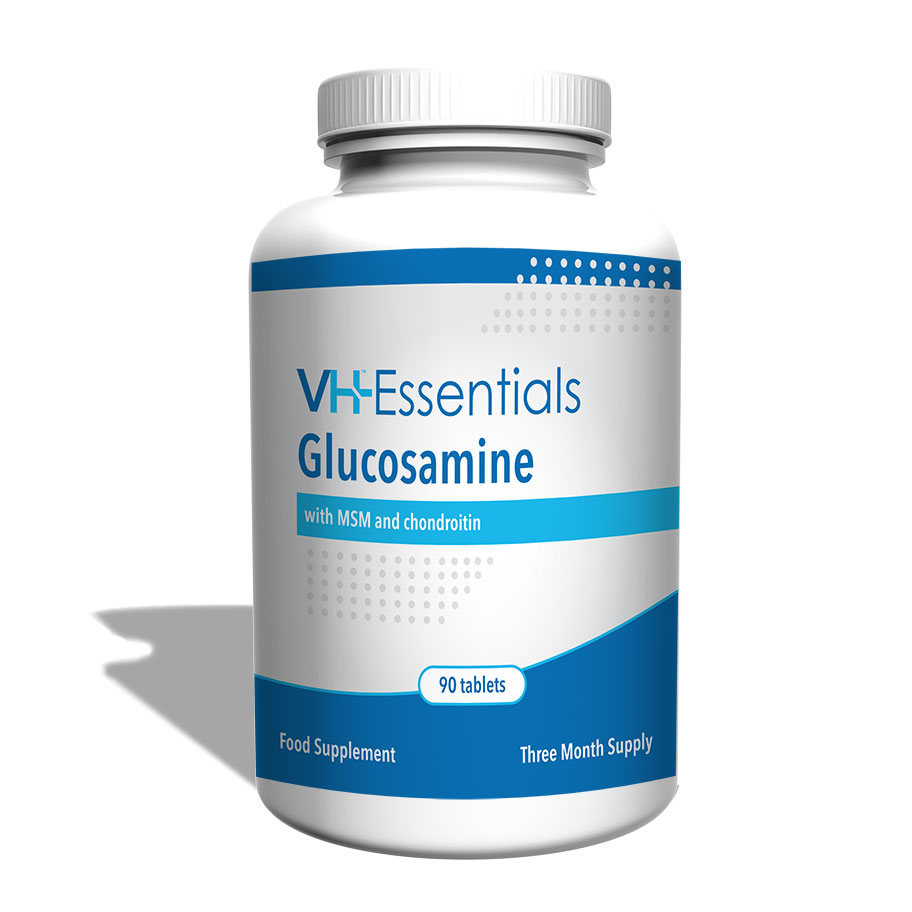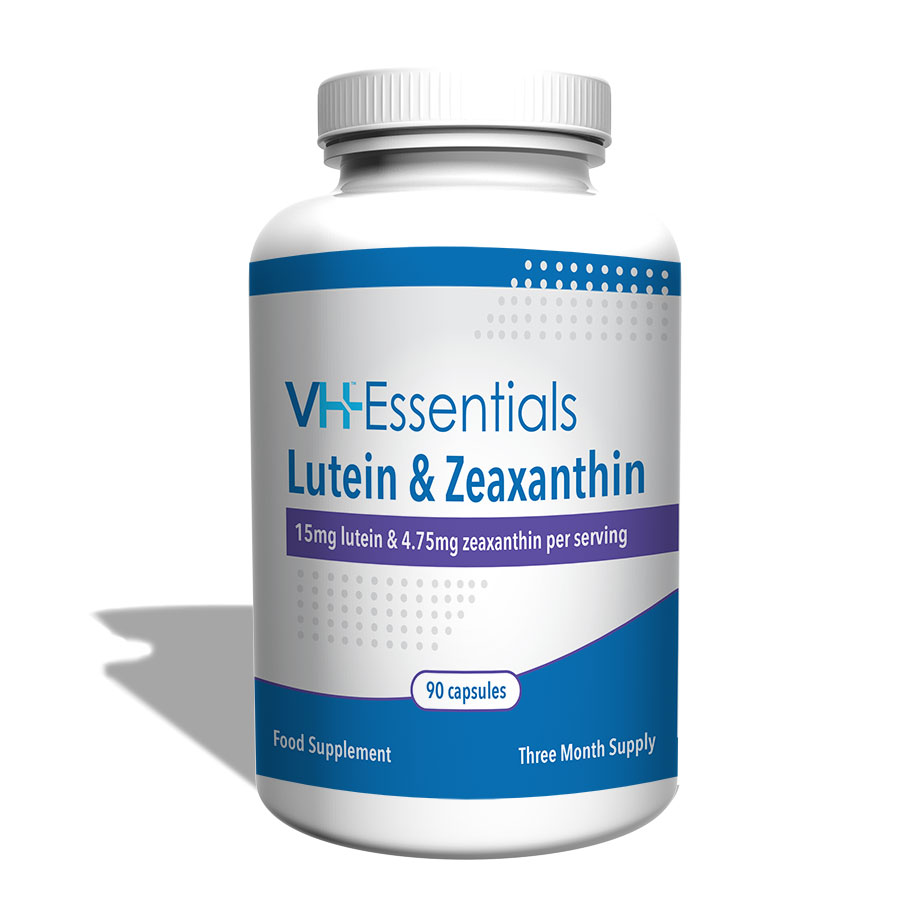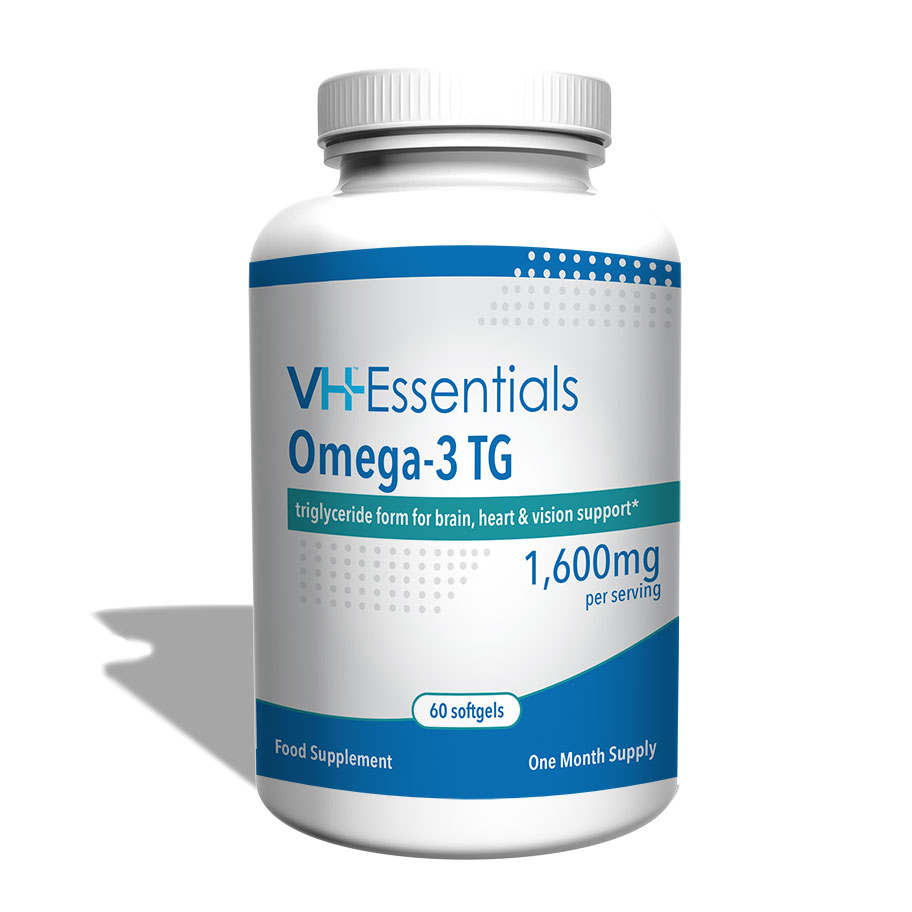FAQs


Below we have listed answers to some of the questions we are most frequently asked. If you can't find the answer to your particular query, please feel free to contact us.
Do Viteyes 2 really work?
See answerThe Viteyes 2 range is based on the two most important long term, large scale trials in the field (over 20 years on around 8,000 people). The formulation used has been shown to be beneficial for those with a specific age-related eye condition. It is not a magic bullet, but the only thing that has been demonstrated to help.
Hide answer
Which version of Viteyes 2 should I take?
See answerThe Viteyes 2 range includes a number of products so that we can offer people a choice of taking additional or less of specific ingredients if they wish.
At the heart of the range is our core product Viteyes 2 SOFTGELS with the CAPSULES as an identical formulation just in a different form and suitable for vegetarians and vegans.
To make it easier we have created this simple comparison chart.
At the heart of the range is our core product Viteyes 2 SOFTGELS with the CAPSULES as an identical formulation just in a different form and suitable for vegetarians and vegans.
To make it easier we have created this simple comparison chart.
Hide answer
Are there any adverse effects from taking Viteyes 2?
See answerAs a vitamin supplement, they are generally well received. During almost 20 years of studies using the high dose of vitamins and minerals used in Viteyes 2 there was no statistical significant increase in adverse side effects.
Hide answer
I have a good diet, do I still need to take Viteyes 2?
See answerIf you have been diagnosed with an appropriate eye condition, then yes. The studies which the Viteyes 2 range is based on were conducted on people with a generally good diet. Also the amount of the key ingredients are extremely difficult to obtain from diet alone. For example: 1 cup of cooked spinach provides approximately 6.7mg of vitamin E. To achieve the same dose of vitamin E as in the Viteyes 2 range you would have to eat over 50 cups of cooked spinach, every day!
Hide answer
Can I take a multi-vitamin with Viteyes 2?
See answerYes, but be careful that you are not doubling up too much. Around 60% of those in the original study and 90% in the follow-up study also took a multi-vitamin.
Hide answer
Can a daily multi-vitamin provide the same benefits as Viteyes 2?
See answerNo. The vitamins and minerals used were at much higher levels than that found in multivitamins. Also, it is important to remember that most of the trial participants took multivitamins.
Hide answer
Can I take Viteyes 2 with warfarin?
See answerAll medicines, alcohol and even food can affect the warfarin levels in the blood. If the warfarin level rises, the blood will be too thin and could lead to bruising and bleeding such as nose bleeds that can sometimes be fatal. The National Patient Safety Agency has designated warfarin as a high risk medicine for these reasons. Patients have regular blood tests to check the thickness of their blood - monthly, 3 monthly or 6 monthly depending on how stable their results are.
Vitamin E should not be taken in excess by anyone taking warfarin, but there are no reported incidents of warfarin being affected by Viteyes 2 and in the studies there was no increased risk. So for anyone taking warfarin who wants to start taking Viteyes we suggest discussing this with your GP and if you do experience any unusual bruising or bleeding, STOP taking your warfarin and contact the warfarin clinic. If it is an evening or weekend, go to Accident and Emergency, do not wait and see.
At your next blood test appointment, tell the clinic that you have started taking Viteyes.
Vitamin E should not be taken in excess by anyone taking warfarin, but there are no reported incidents of warfarin being affected by Viteyes 2 and in the studies there was no increased risk. So for anyone taking warfarin who wants to start taking Viteyes we suggest discussing this with your GP and if you do experience any unusual bruising or bleeding, STOP taking your warfarin and contact the warfarin clinic. If it is an evening or weekend, go to Accident and Emergency, do not wait and see.
At your next blood test appointment, tell the clinic that you have started taking Viteyes.
Hide answer
Can the zinc in the formulations cause anaemia or any other side effects?
See answerZinc can cause anaemia as it depletes copper levels in the blood. Copper deficiency can affect the body's absorption of iron and so lead to anaemia. It is for this reason, that copper is included in all Viteyes products that contain zinc, to ameliorate this effect.
Zinc has also been linked to a rise in urine infections but these are common in older people and other reports suggest zinc can prevent urine infections.
Some people can suffer stomach irritation (nausea, vomiting, diarrhoea, gastric irritation) but this is usually resolved if taken with food. The dose of zinc in Viteyes 2 formulations is a lot lower than it used to be (25mg now instead of 80mg) so this issue is less common and splitting the dose morning and evening can help.
For those who are very sensitive or concerned we do a zinc-free version of Viteyes 2.
Zinc has also been linked to a rise in urine infections but these are common in older people and other reports suggest zinc can prevent urine infections.
Some people can suffer stomach irritation (nausea, vomiting, diarrhoea, gastric irritation) but this is usually resolved if taken with food. The dose of zinc in Viteyes 2 formulations is a lot lower than it used to be (25mg now instead of 80mg) so this issue is less common and splitting the dose morning and evening can help.
For those who are very sensitive or concerned we do a zinc-free version of Viteyes 2.
Hide answer
Does the high-dose vitamin E in the formulations affect the risk of prostate cancer?
See answerThere have been conflicting data on the relationship between Vitamin E and prostate cancer
In the first study, high-dose vitamin E had no effect on the risk of prostate cancer among male participants. The second study began in 2006 (before the SELECT trial was reported) and all study participants were offered a formulation containing vitamin E. A group of independent researchers monitoring this second study for safety and noted no concerns about an increased risk prostate cancer. The final data from the study does not suggest a higher rate of prostate cancer among male participants than expected in an aging male population.
If you have concerns about vitamin E and prostate cancer, it is important to understand that many factors influence the risk of prostate cancer, including age, family history and race. We would encourage you to talk to your health care provider about the possible risks and benefits from taking vitamin E supplements.
- In 1994, the Alpha-Tocopherol, Beta Carotene (ATBC) trial found a 35 percent reduced risk of prostate cancer in men taking 50 mg of vitamin E daily for a follow-up of six years.
- In 2009, the Physicians Health Study II (PHS II) found that 400 IU of vitamin E every other day for a follow-up of eight years had no effect on the incidence of prostate cancer.
- In 2011, the Selenium and Vitamin E Cancer Prevention Trial (SELECT) found a 17 percent increase in the risk of prostate cancer among men taking 400 IU of vitamin E daily for a follow-up of seven years. That risk equates to 1-2 more prostate cancers per 1000 patients who took high-dose vitamin E for one year. For reasons that are unclear, men who took both vitamin E and selenium did not have an increased rate of prostate cancer.
In the first study, high-dose vitamin E had no effect on the risk of prostate cancer among male participants. The second study began in 2006 (before the SELECT trial was reported) and all study participants were offered a formulation containing vitamin E. A group of independent researchers monitoring this second study for safety and noted no concerns about an increased risk prostate cancer. The final data from the study does not suggest a higher rate of prostate cancer among male participants than expected in an aging male population.
If you have concerns about vitamin E and prostate cancer, it is important to understand that many factors influence the risk of prostate cancer, including age, family history and race. We would encourage you to talk to your health care provider about the possible risks and benefits from taking vitamin E supplements.
Hide answer
Do Viteyes products contain any known allergens?
See answerAs a food supplement, we have to declare on the labels if they contain any of these 14 specific allergens.
To help you we have also listed this information on the website under the ingredients tab for each product.
- celery
- cereals that contain gluten (including wheat, rye, barley and oats)
- crustaceans (including prawns, crabs and lobsters)
- eggs
- fish
- lupin (lupins are common garden plants, and the seeds from some varieties are sometimes used to make flour)
- milk
- molluscs (including mussels and oysters)
- mustard
- tree nuts – such as almonds, hazelnuts, walnuts, brazil nuts, cashews, pecans, pistachios and macadamia nuts
- peanuts
- sesame seeds
- soybeans
- sulphur dioxide and sulphites
To help you we have also listed this information on the website under the ingredients tab for each product.
Hide answer
Are your products suitable for vegetarians/vegans?
See answerViteyes 2 CAPSULES, ZINC-FREE and ADVANCED contain no ingredients of animal origin and are therefore suitable for vegetarians and vegans.
Currently the rest of the Viteyes range is made with gelatine (bovine) capsules and/or contain fish so are NOT suitable for vegetarians and vegans.
Currently the rest of the Viteyes range is made with gelatine (bovine) capsules and/or contain fish so are NOT suitable for vegetarians and vegans.
Hide answer
I am a smoker/ex-smoker can I take Viteyes 2 products?
See answerYes, you can take Viteyes 2 if you are a smoker or ex-smoker as it is free-from beta-carotene.
Hide answer
Where can I buy Viteyes 2 from?
See answerYou should be able to order Viteyes 2 from any optician and pharmacy. If you have any trouble in finding a stockist then please contact us and we will try to help you.
Hide answer
Why has the Viteyes 2 dosage changed from 1 capsule twice a day to 2 capsules once a day??
See answerWhen the recommended dose of zinc was lowered in 2015, it reduced the chance of indigestion or nausea.
So both capsules can now be taken together.
This also reduces the chance of forgetting to take the second dose. Research shows that lunchtime and evening doses are more likely to be missed than the morning ones.
Of course, if you prefer you can continue to separate the doses.
So both capsules can now be taken together.
This also reduces the chance of forgetting to take the second dose. Research shows that lunchtime and evening doses are more likely to be missed than the morning ones.
Of course, if you prefer you can continue to separate the doses.
Hide answer

